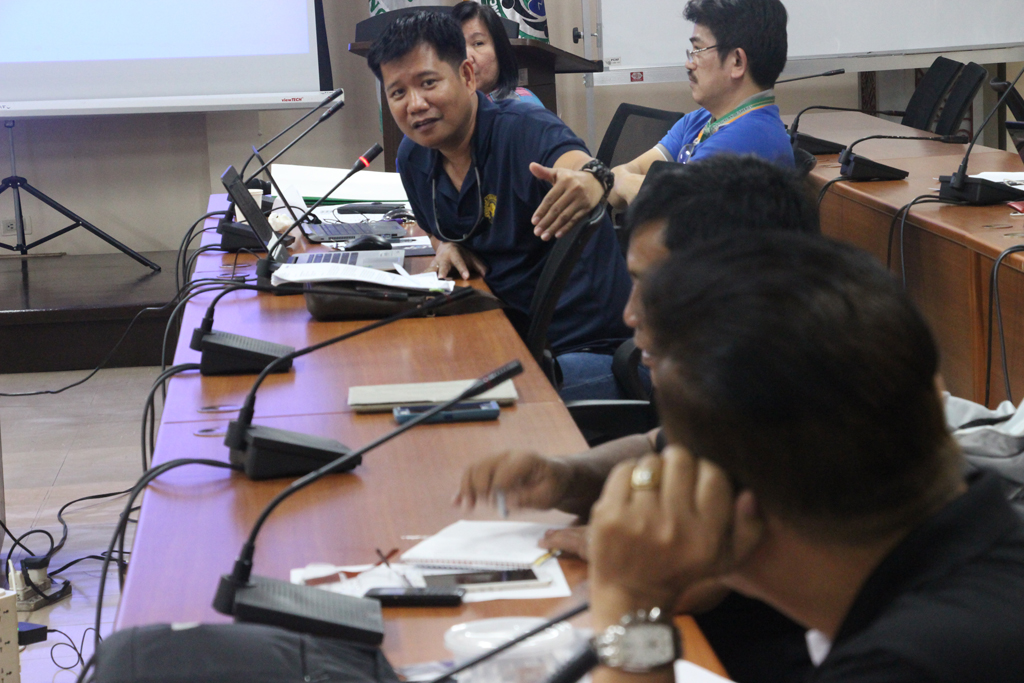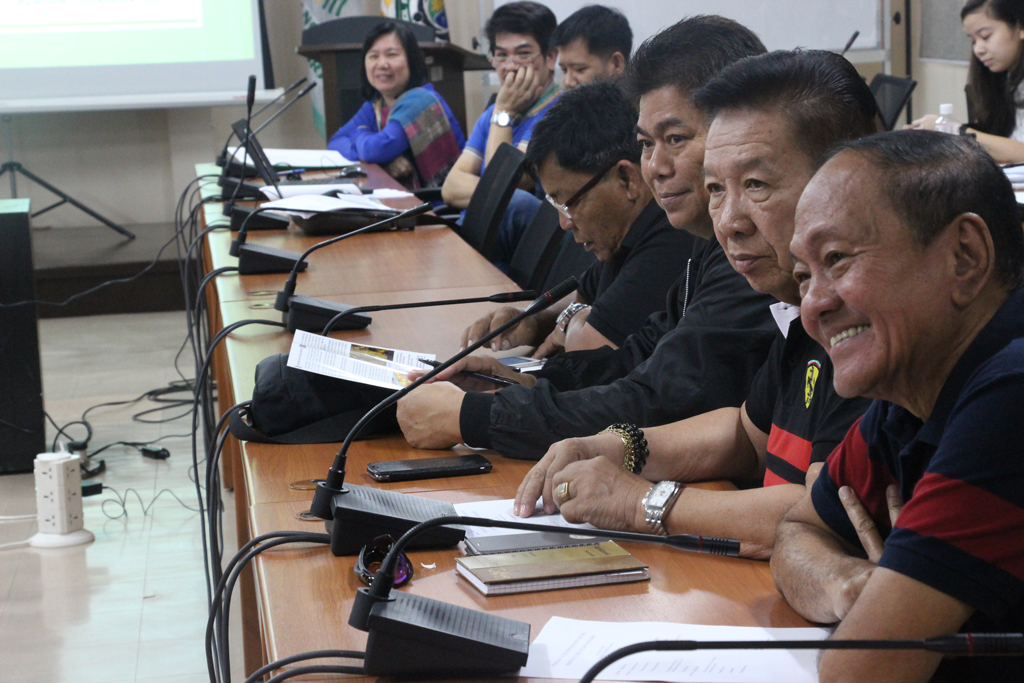
The Agricultural and Fishery Council’s (AFCs) and the National Sectoral and Strategic Concern Committees (NSSCCs) were gathered on February 8, 2018 at Apacible Conference Room in Quezon City to deliberate on the revised monitoring guidelines and also to provide inputs to the Juan Magsasaka project in order to improve the guidelines and implementation scheme.
The Juan Magsasaka Registry System Platform is the National Registration of Farmers & Fisherfolk, a newer version of the data entry in a web-based platform of the Registry System for Basic Sectors in Agriculture (RSBA 1.2). Philippine Council for Agriculture and Fisheries (PCAF) Deputy Executive Director (DED) and Vice Chairperson of DA-Information and Communications Technology Advisory Committee John Pagaduan said in his report that AFCs and NSSCCs’ inputs will be a big help in perfecting the system.
In the absence of an online platform, Juan Magsasaka Project paved the way for a fast and effective standard reporting system that monitors the interventions of the DA to the farmer-beneficiaries.
Since the old RSBSA database lacks a single and standard identification system for all farmers, farm workers and fisherfolk that can be used for the distribution of programs, projects and interventions, Agricultural Credit Policy Council loans. The Juan Magsasaka Platform will have these features in just one system.

According to Deputy Executive Director Pagaduan, with the consent of the programmers of Bureau of Fisheries and Aquatic Resources, the Fisherman’s Registration System was reprogrammed and added online features for faster and real-time data access.
DA-Field Operations Service/Field Programs Operation Planning Division is the implementing office of the project and validation of the farmers. “We are asking the Department of Budget Management to bring back to the DA, as the lead agency in manning the farmer registration,” Deputy Exec. Director Pagaduan said. He also added that an interagency Memorandum of Agreement is on the works to harmonize all the records.
Some of the general concerns of the group are the conflicting statistical data of the various agencies of the government doing census works on the ground, complications on the registration records (such as migrated and deceased land owner, leased lot titles, etc.) updating of farmer’s information in the system and the qualifications of farm workers/laborers enrolled in the program, in terms of land utilization.

To identify the farmers and farm-workers on the ground, the AFC chairpersons made a resolution that they will take part in the validation process to be registered in the system.
As of this writing, the project is on its pilot implementation stage. Online registration using android tablets and ID printing/distribution was done in Malimono, Surigao del Norte. Onion farmers of Bongabon, Nueva Ecija were also registered in the system, while the user’s training and actual registration of Local Government Units-based accounts took part in M’lang, North Cotabato. – AJ











